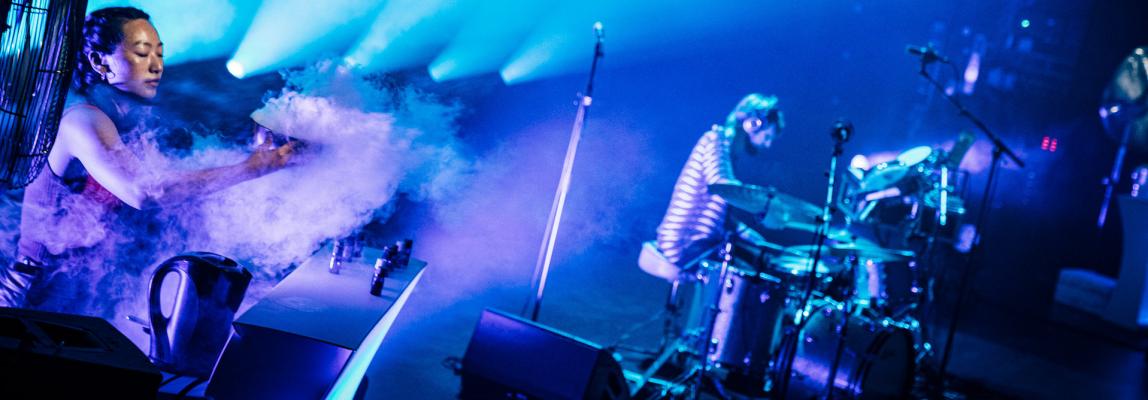
When limitations serve as a source of inspiration
09/28/2023 - 15:47
Ronald Ligtenberg is the founder of Possibilize. This organization believes that limitations always serve as a source of inspiration to make things possible. It all started with the organization of Sencity in 2013. This is a music event for deaf (and hearing) people where visitors are treated to aroma jockeys, taste sensations, light shows, a vibrating dancefloor and sign dancers. Meanwhile more than 70 Sencity events were organized all around the world. Uncover asked Ronald some questions on what he learned over the past 20 years and what new developments are going on.